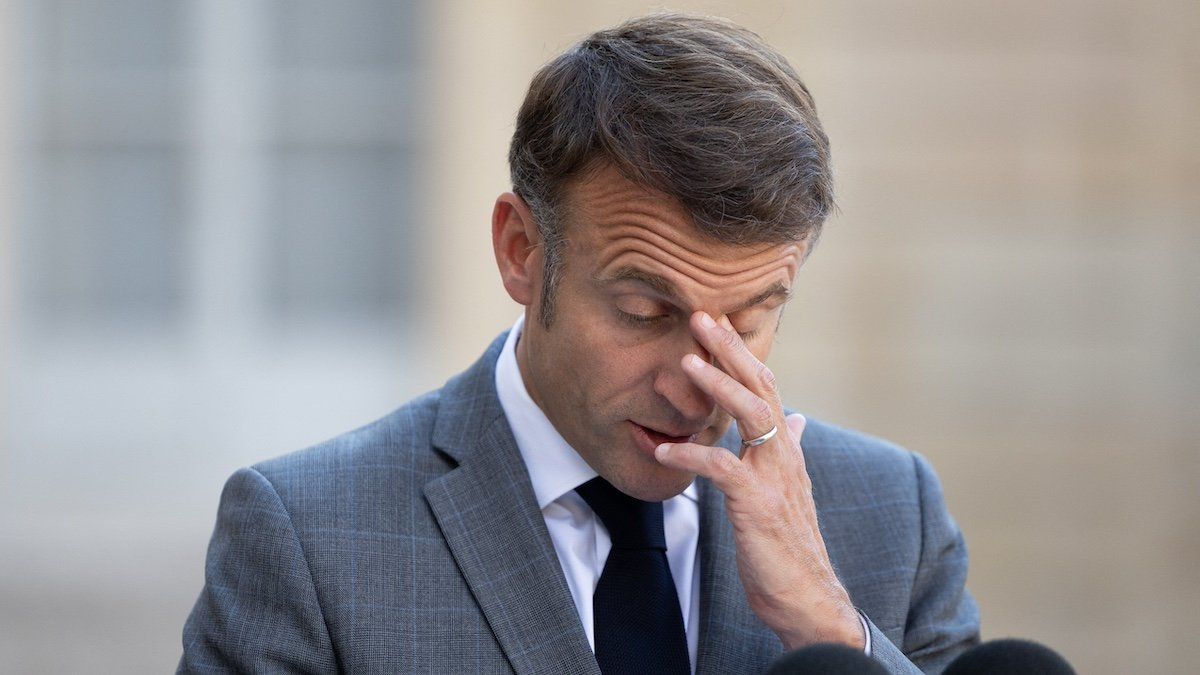France faces a nail-biter snap election this Sunday. Barring one of the biggest polling errors in French history, President Emmanuel Macron is set to lose his parliamentary majority.
Where are the polls? The far-right National Rally, aka RN, party led by Marine Le Pen and Jordan Bardella is ahead with 35-38% of the vote, far exceeding Macron’s party, which is polling around 20% and falling. But an unlikely alliance of leftist parties calling itself the New Popular Front, or NFP, is garnering 28-31% of the vote, and given France’s unpredictable two-round voting system, the final result is anyone’s guess.
The worst-case scenario for Macron: Voters who fear the far right flock to the NFP, while those who fear the left go to RN in a mutual attempt to block the other’s chances of forming a government — squeezing Macron’s centrists out.
There’s a chance RN can pull off a slim majority, which would make Bardella Macron’s new prime minister – hardly a recipe for productive governance. Bardella says he won’t form a minority government and risk a rapid ejection by a coalition of centrists and left-wingers.
The left, meanwhile, is less likely to get a majority, and even if they did, they can’t agree on who would get to be PM.
What about a deadlock? This might be Macron’s best bet. He could then attempt to form a national unity government with a technocratic moderate as PM. Failing that, he could keep the current government with reduced powers in a caretaker capacity for one year before holding new elections — but that’s an unpopular option, and Macron is already deeply unpopular.
Macron’s decision to call snap elections may be one he lives to regret. France will struggle with gridlock and partisanship in virtually all these potential outcomes, which will be detrimental to France – and to Macron’s domestic and geopolitical ambitions.
“It would be ironic,” Ian Bremmerwrote yesterday, “if the man most devoted to building a strong France, Europe, and Ukraine ended up being responsible for weakening all three.”